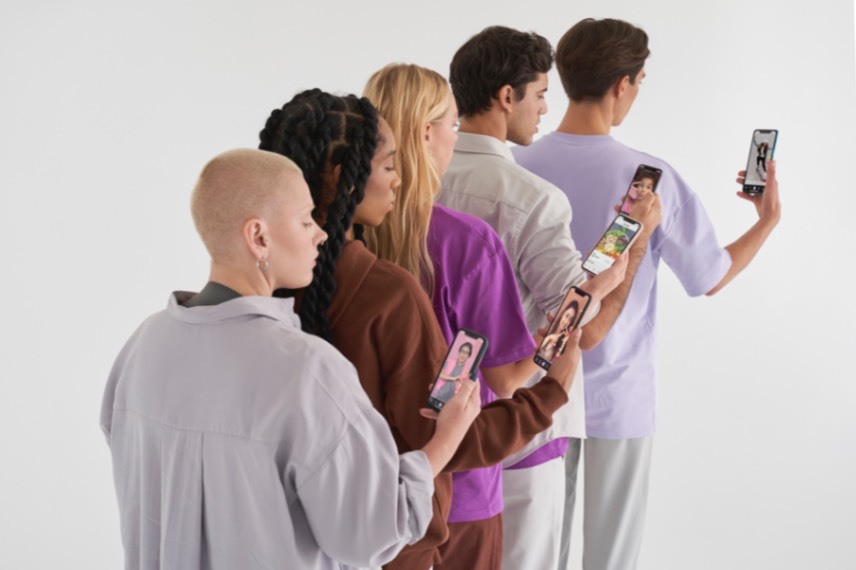A new report from the Surgeon General shows that social media may be doing more harm than good for children and teens and that it presents a “profound risk” to young brains.
Social media has become an integral part of our lives, from scrolling through Instagram feeds to connecting with friends on Facebook. However, the effects of social media are not well understood.
Although social media has revolutionized the way we communicate and interact, there is a growing concern about the harm it may have on the mental health and well-being of our youth.
Key Points
- Up to 95% of teens, ages 13-17 say they use social media, with more than a third saying they use social media “almost constantly.”
- Multiple indicators show that social media can pose a risk of harm to children, teens, and adolescents, despite its benefits.
- This problem needs to be addressed by tech companies and policymakers, and not left solely on the shoulders of parents and children.
Urgent Call for Change
The U.S. Surgeon General, Dr. Vivek Murthy, recently stated, “There is growing evidence that social media use is associated with harm to young people’s mental health.”
He stated the urgent need to address this issue, because social media has become a significant driver of the national youth mental health crisis.
Dr. Murthy explains that while more research is needed to determine the full impact social media use has on young people, children and adolescents don’t have the luxury of waiting years until we know the full extent of its effects.
By that time, the damage will have already been done.
Excessive Usage Is the Culprit
Although some benefits of social media are reported among young people, such as feeling connected with friends (80%) or providing a creative outlet (71%), problems arise with excessive use.
Adolescents spending more than three hours/day on social media face double the risk of depression and anxiety. According to a 2021 survey, many teenagers spend 3.5 hours per day on social media.
One-third or more of girls aged 11-15 say they feel “addicted” to social media and over half of all teens surveyed say it would be hard to give up.
46% of adolescents aged 13-17 said social media makes them feel worse, and only 14% said it makes them feel better.
Excessive use of social media affects the sleep habits of young people, leading to mental and physical health issues.
This crucial period for personality development is being compromised as teenagers spend more time glued to their screens instead of engaging in meaningful face-to-face connections.
“Today’s children and teens do not know a world without digital technology, but the digital world wasn’t built with children’s healthy mental development in mind,” reminds Dr. Sandy Chung, President of the American Academy of Pediatrics.
Recommendations and Shared Responsibilities
Dr. Murthy says that this issue cannot be the sole responsibility of parents and children.
“It is critical that independent researchers and technology companies work together to rapidly advance our understanding of the impact of social media on children and adolescents.”
At home, establishing tech-free zones and modeling balanced, responsible behavior on devices is urged.
Social media literacy is emphasized so that young people can understand and manage the risks of various platforms.
Big Tech Policy and Research
Policy measures to strengthen safety standards and protect children’s privacy online are encouraged in the advisory. Designing and developing platforms with the safety and well-being of young people in mind should be a priority.
Adequate funding for research and sharing of data among tech companies to gain a deeper understanding of the impact of social media on young minds would be essential.
Looking Ahead
Teaching young people to limit their time on social media, protect their privacy and seek help if they feel abused or harassed are key to their well-being and safety. In addition, policymakers and tech companies need to also work toward establishing better standards and features that would prevent children and teens from being manipulated and protect them from dangerous use.
Image by Freepik

Why so many people die in hospitals instead of at home | PBS NewsHour Why so many people die in hospitals instead of at home
https://
More Young Americans Are Dying, But Not From Vaccines
[…] is the most common type of dementia. Dementia is a general term for the impaired ability to remember, think or make decisions serious enough to interfere with daily life. Alzheimer’s disease […]